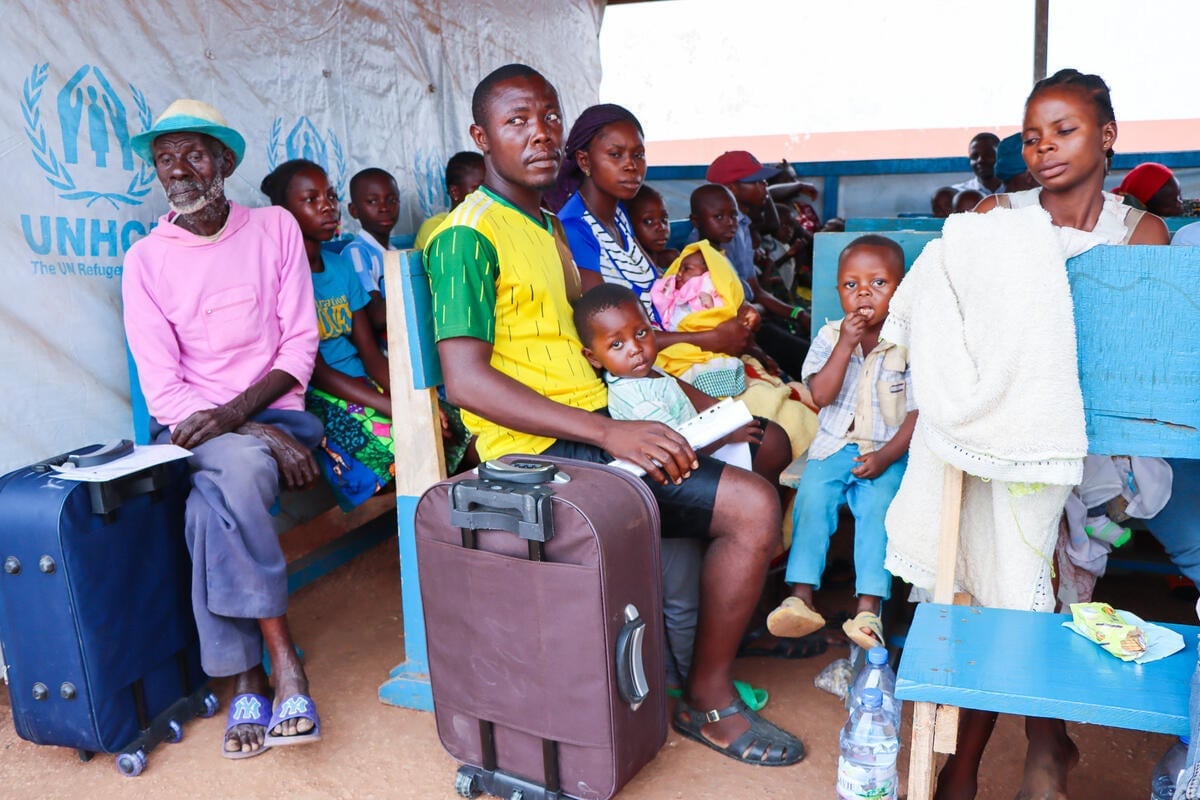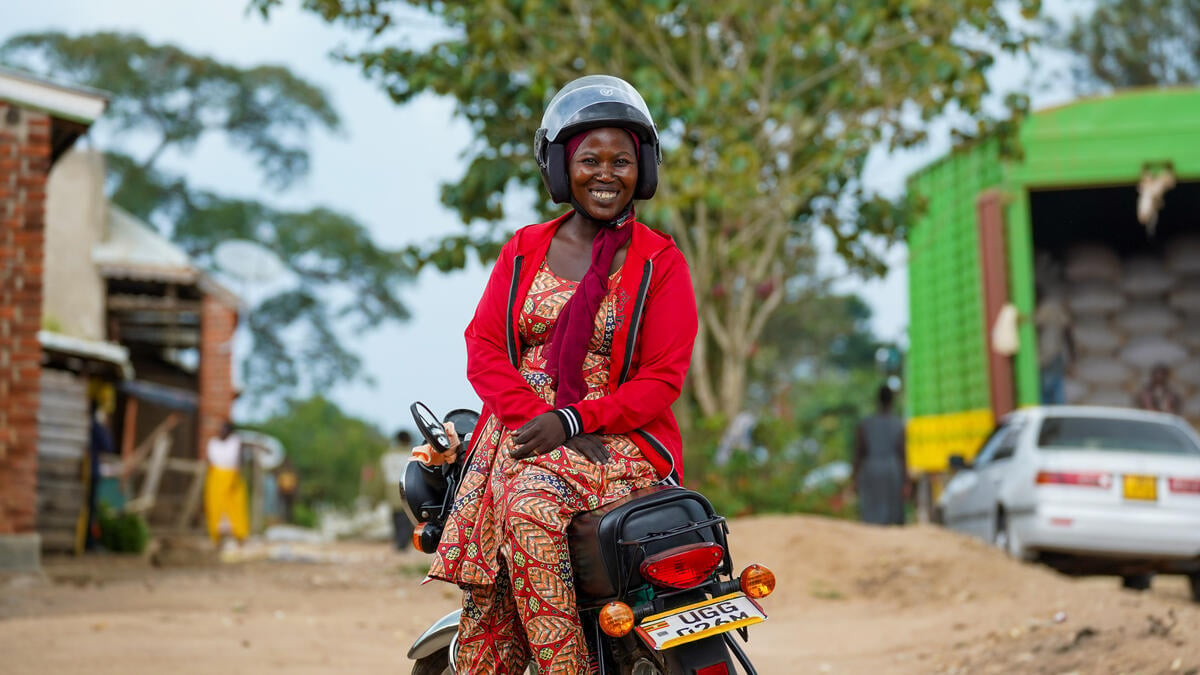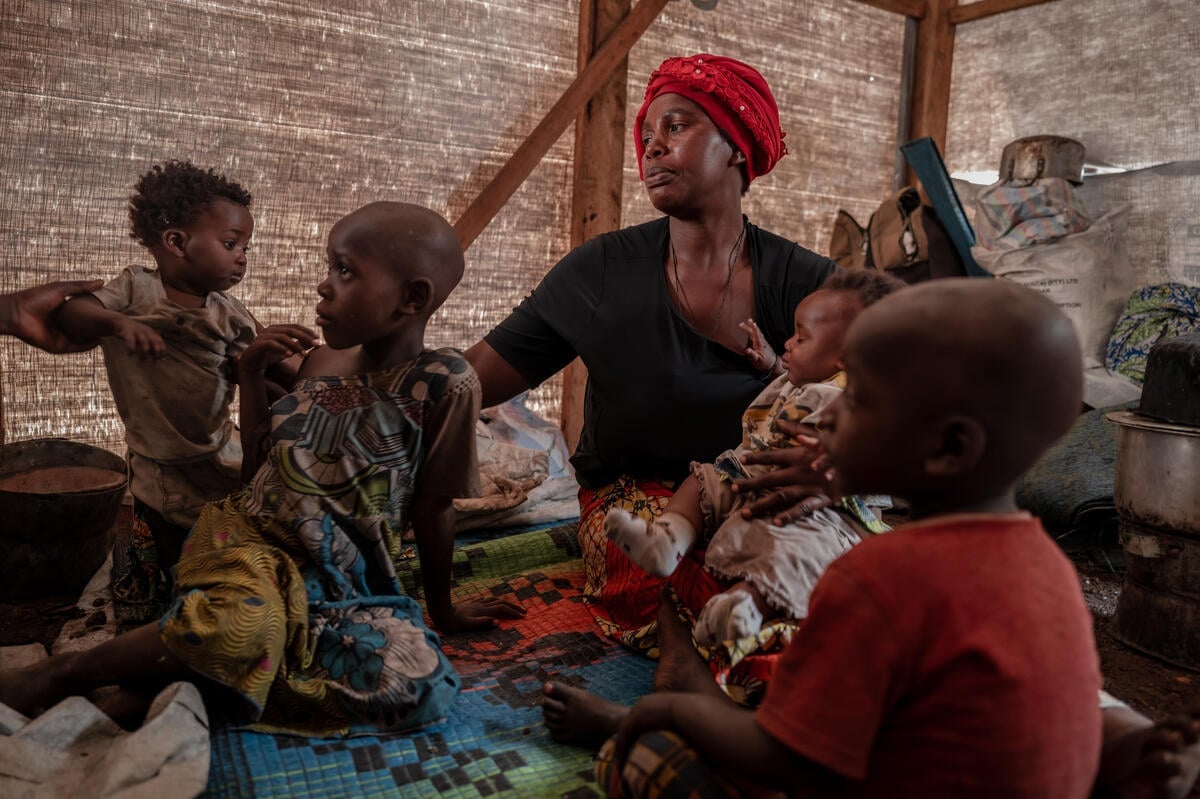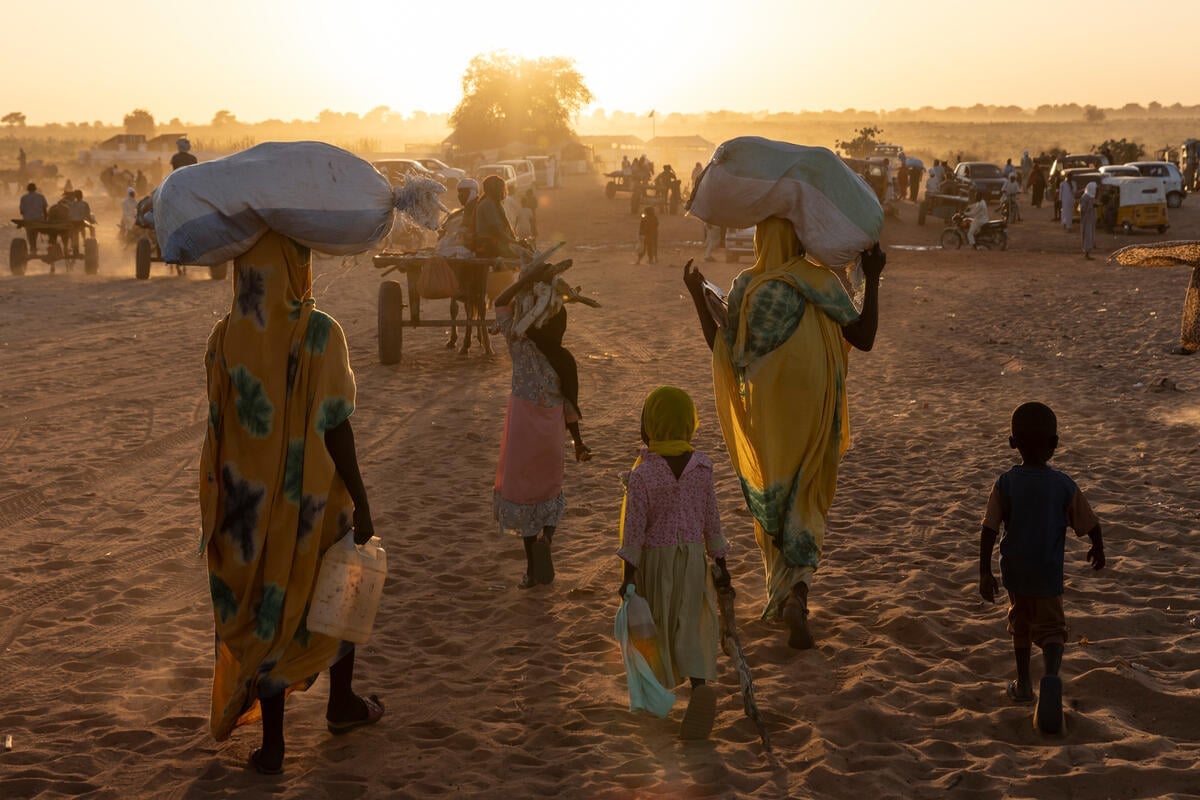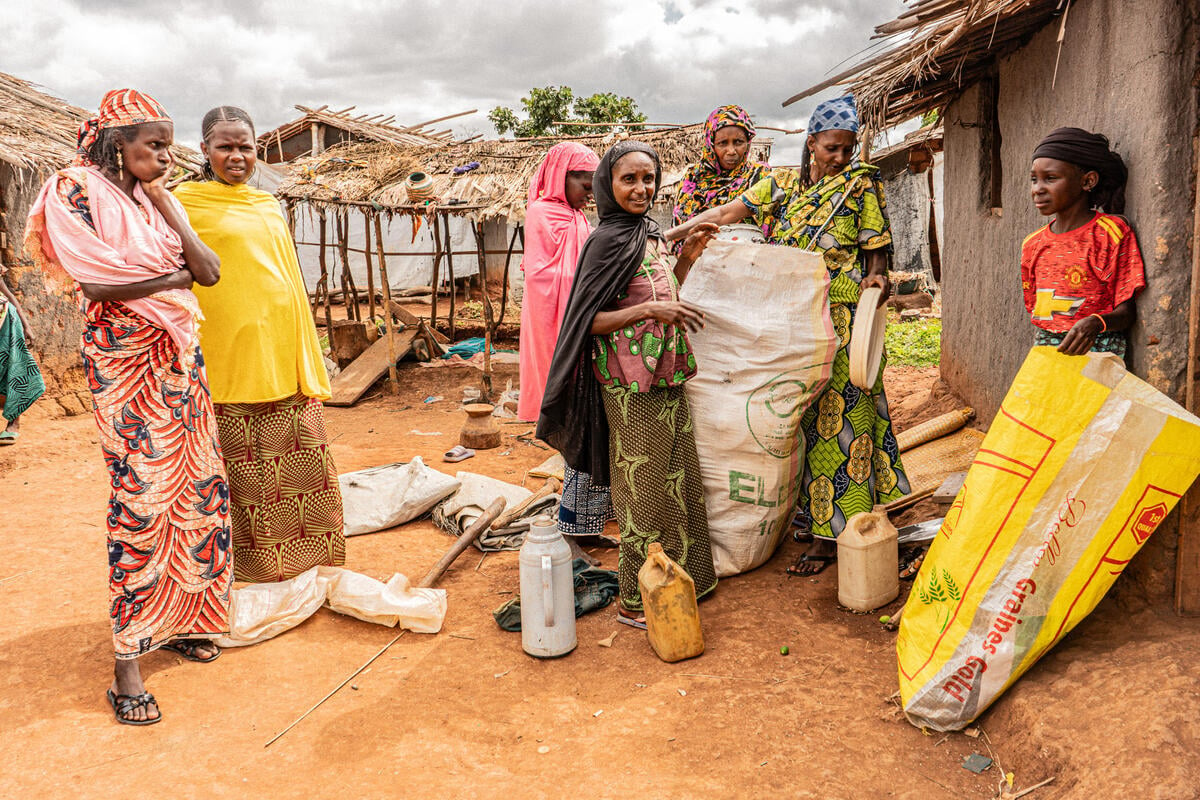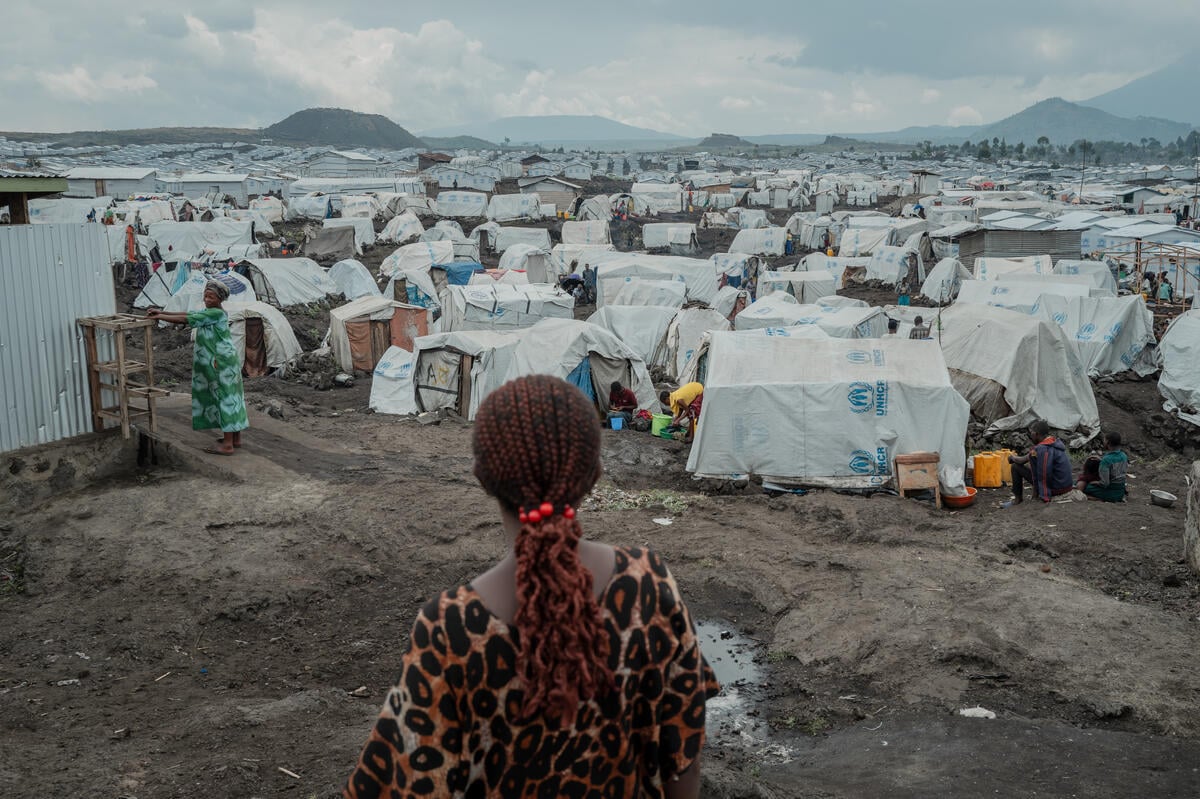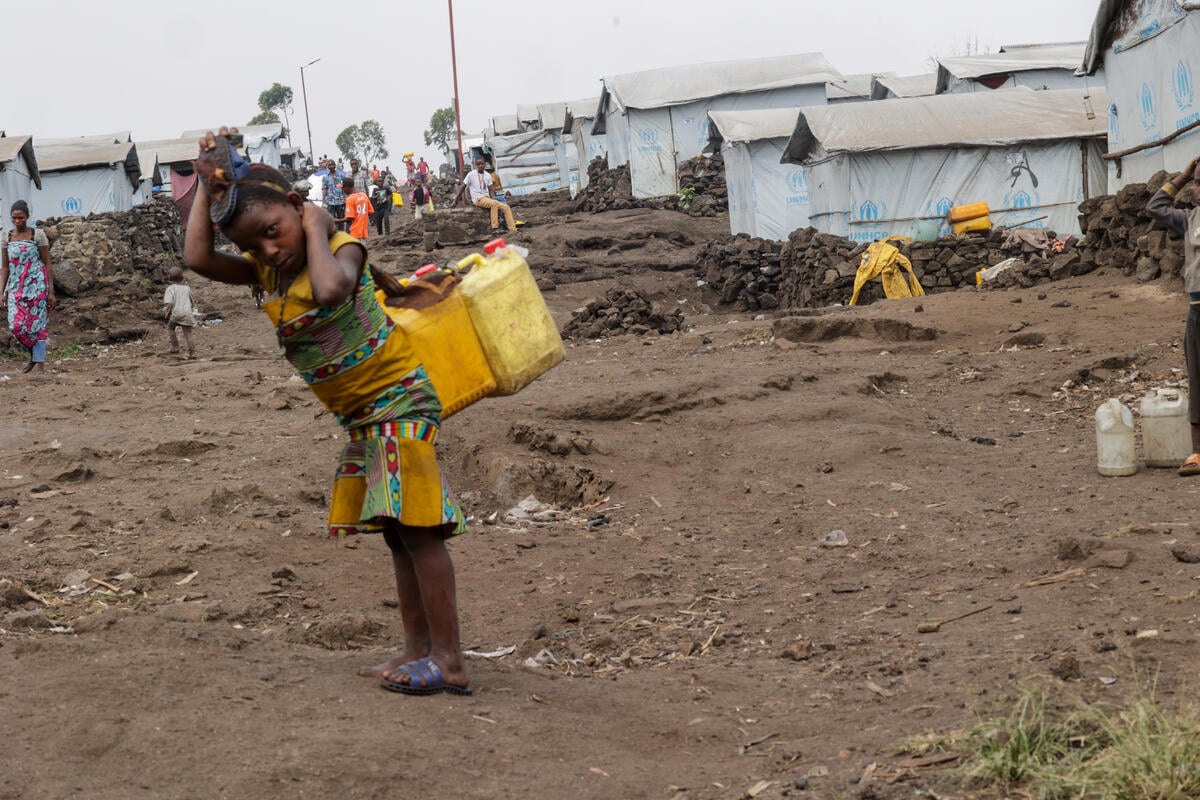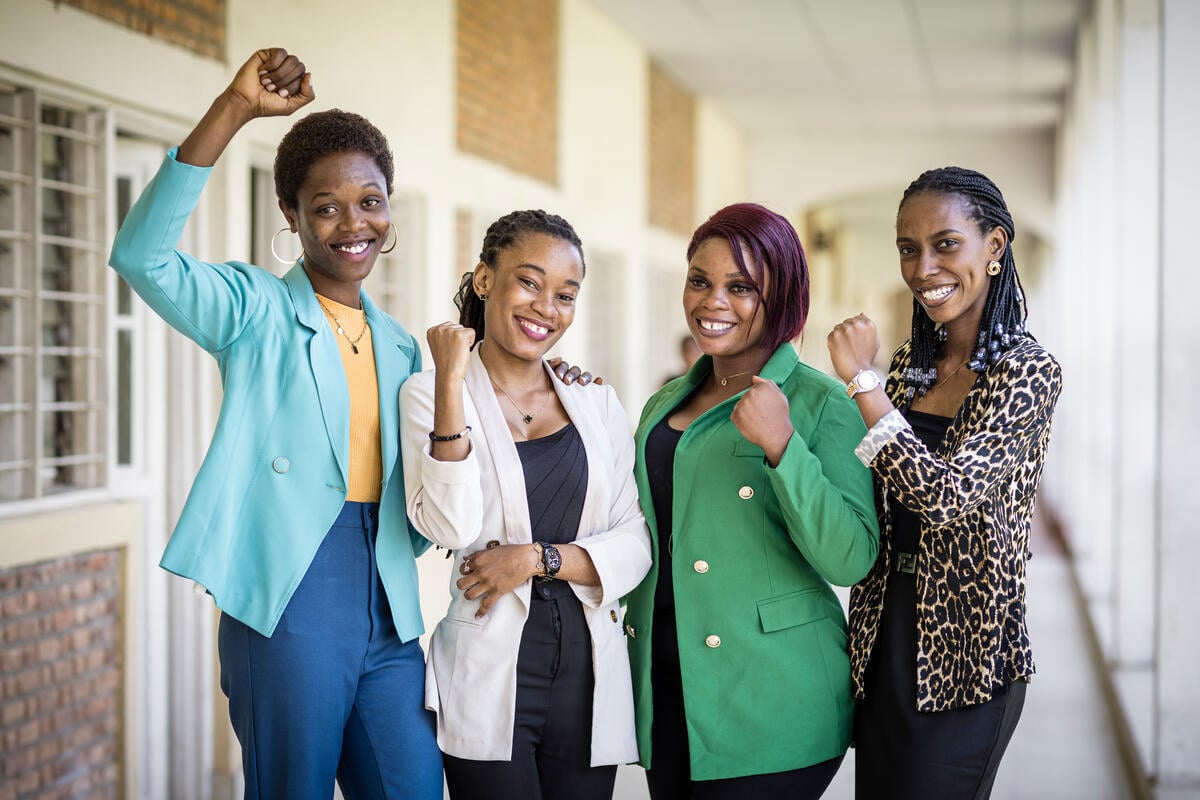Democratic Republic of the Congo
Democratic Republic of the Congo
An operation to separate former Central African Republic (CAR) soldiers from refugees in the town of Zongo, in the northern Democratic Republic of Congo (DRC), has been completed successfully. Since the transfers began on 15 October, over 1,000 ex-soldiers have been moved from the border town to a specially prepared site at Bokilio, 120 km away.
An additional 200 soldiers who have scattered in villages along the Ubangui River are not believed to pose a security risk. They are not mixing with the civilians who also fled the CAR. A total of about 1,200 ex-soldiers had initially crossed to Zongo and small villages along the river that separates the two countries in May and June this year during a failed coup attempt in Bangui, capital of the CAR. However, UNHCR and MONUC, the UN peacekeeping mission in the DRC, are continuing a campaign to reach and advise the remaining soldiers that they will be given assistance only if they move to Bokilio. As many as 1,300 family members may also eventually move to the site. The soldiers will undergo a period of observation that can take up to several months, after which they may undergo individual status determination to obtain refugee status.
With the transfer of ex-soldiers from Zongo complete, UNHCR will now begin moving thousands of CAR refugees still living in temporary structures set up where they first arrived in the DRC. An estimated 24,000 civilians fled to the DRC during the same period of time, following the coup attempt earlier this year. A site has been cleared and opened at Mole, to the south of Zongo, that is expected to accommodate all refugees who require assistance in the camp. UNHCR and NGOs have constructed a health post and latrines, and will initially tanker water to the camp. This morning, trucks will take shelter material to Mole ahead of the arrival of the first 2,000 individuals, who are still accommodated at communal centres erected in Zongo several months ago. It is estimated that only a portion of the 24,000 refugees will request to be moved. In a bid to encourage self-sufficiency, UNHCR will distribute fishing nets and handtools to refugees who have found shelter with local villagers and can continue to support themselves.


